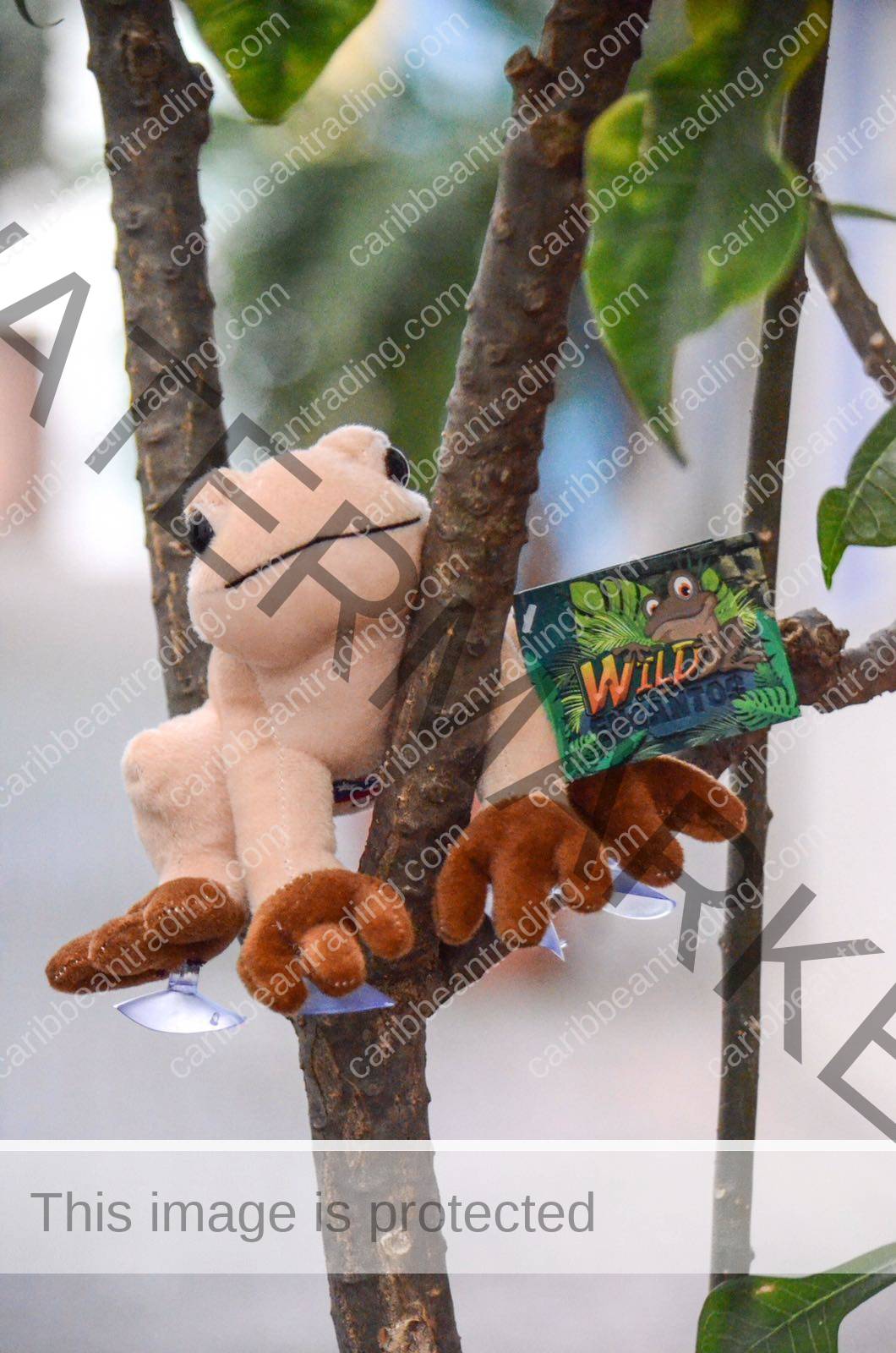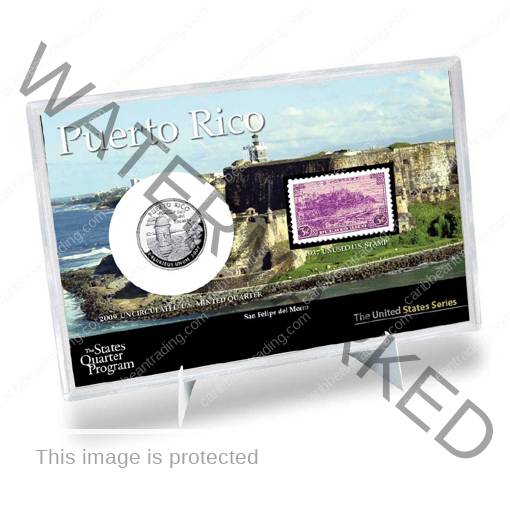Caribbean History
What Is Sustainable Tourism in Puerto Rico and Its Educational Implications?
Sustainable tourism in Puerto Rico involves developing and managing tourism in an environmentally, socially, and economically responsible way.
This approach seeks to minimize the negative impacts of tourism while maximizing the positive contributions to the local environment and communities.
In Puerto Rico, its rich cultural heritage, diverse ecosystems, and vulnerable ecosystems, sustainable tourism is crucial for preserving the island’s natural beauty and supporting the well-being of its people.
The educational implications of sustainable tourism in Puerto Rico are significant. It needs a comprehensive understanding of environmental conservation, cultural preservation, and responsible tourism practices.
Writing to Share Knowledge
Puerto Ricans understand that effective change is only possible through the wide sharing of enthusiasm and ideas.
This is why educators increasingly ask students to write essays on diverse sustainability topics, create blogs, or work for famous publications to help raise awareness.
For those eco enthusiasts, remember that writing is one of the most potent tools you can use to help effect positive change. With the power of words, you can reach the most elusive parts of the human heart.
Sites like Writinguniverse can enhance these writings. Having convincing essays to share with courses and others is very important for academics, as it can significantly help push forward a more green and positive change.
Sowing The Seeds of Sustainability
Puerto Rico is taking essential steps in the right direction to preserve its natural beauty, with a particular emphasis on protecting the island’s diverse, astonishing ecosystems.
One example is the preservation of El Yunque National Forest, a lush tropical rainforest brimming with life and color. Conservationists and activists work hard to ensure this natural marvel is spared the destructive effects of mass tourism.
Sustainable hiking pathways and educational programs educate visitors on the rainforest’s delicate ecosystems, cultivating a deep respect for its biodiversity.
Transitioning to Eco-Friendly Housing
Puerto Rico’s dedication to sustainable development extends to its hospitality sector, which is seeing a sharp rise in green initiatives, solar-powered hotels, and campaigns urging people to lessen their carbon footprint.
Rainwater harvesting technologies are increasingly employed to reduce water waste, energy-efficient lighting systems, and organic gardens.
Hotels also urge guests to separate recyclables from waste. Non-profit organizations work with local recycling centers to ensure items such as glass, aluminum, and paper are properly processed. These initiatives not only help reduce environmental impact but also aim to educate people, fostering a culture of responsible consumption.
Furthermore, resorts receive LEED (Leadership in Energy and Environmental Design) accreditation, showing their commitment to eco-responsible living.
Others go further by actively engaging with the local community, partnering with nearby schools, organizing clean-up efforts along the beaches, and supporting conservation initiatives. Water-saving technologies to reduce consumption also are implemented.
Blooming Educational Initiatives
Puerto Rico informs tourists as much as possible about the island’s unique ecosystems and cultural heritage, urging them to stay mindful and respect the surroundings.
Guided tours, workshops, and presentations on rainforest conservation and traditional farming methods aim to foster a general appreciation for the island’s natural beauty and preservation.
Located in the rural community of Maricao, La Placita de Güisin is an agroecological farm that serves as a hands-on learning center for students. This is an excellent example of Puerto Rico’s dedication to helping people reimagine their connection with nature.
Such an agricultural immersive experience fosters an appreciation for sustainable agriculture and connects students with the island’s heritage.
Where Culture and Conservation Meet
Amid the cobblestone streets and colorful facades of Old San Juan, an annual festival comes to life, “Fiestas de la Calle San Sebastián.”
Along with enriching Puerto Rican culture, the festival aims to raise awareness of eco-conscious principles and ignite a passion for change in all.
Such a beautiful marriage of cultural legacy with conservation efforts conveys a strong message about the interdependence of people and their environments.
Puerto Ricans choose to not only revel in the lush forests and pristine beaches, the beauty nature supplies, but also work hard and preserve them. Other nations will join the enthusiasm with equal and greater force.
Eco-friendly Hotels
Puerto Rico has witnessed a growing trend in establishing eco-friendly hotels, reflecting a global awareness of sustainable tourism practices.
These establishments prioritize environmental conservation and social responsibility while providing visitors with a unique and immersive experience.
From rainwater harvesting systems to energy-efficient designs, eco-friendly hotels in Puerto Rico strive to minimize their ecological footprint. Many of these accommodations also engage in community initiatives, supporting local economies and promoting cultural preservation.
In addition to their commitment to sustainability, eco-friendly hotels in Puerto Rico often offer a range of eco-conscious amenities. From organic, locally sourced cuisine to eco-friendly toiletries and cleaning products, these accommodations prioritize responsible consumption.
Some even provide educational programs or guided eco-tours, allowing guests to understand better Puerto Rico’s diverse ecosystems and the importance of conservation.
Conclusion
Exploring sustainable tourism in Puerto Rico reveals a multifaceted approach that intertwines environmental conservation, community engagement, and economic development.
Embracing sustainable tourism practices not only safeguards the natural beauty and cultural heritage of Puerto Rico but also fosters a resilient and inclusive tourism industry.
The educational implications are profound, calling for a curriculum that instills environmental stewardship, cultural sensitivity, and a deep understanding of the interconnectedness between tourism and the well-being of local communities.
By integrating these principles into education, Puerto Rico can nurture a generation of responsible and conscious individuals who contribute to the long-term sustainability of the island’s tourism industry, ensuring a balance between prosperity, protection, and social equity.







